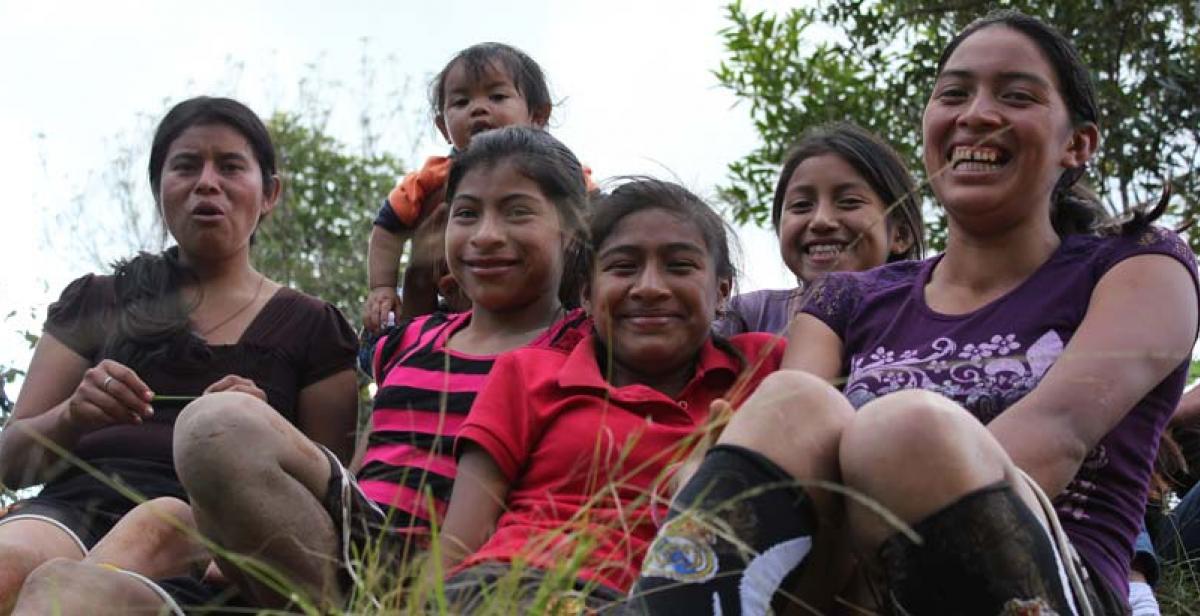There was recently a BBC programme aired named ‘World’s Worst Place to be a Woman?’, set in Honduras. It depicted a shocking Honduras to the British public: the highest femicide rate in the world, the situation worsening as in the last decade the murder rate of women has trebled, and close to zero support for women fleeing violent situations.
There’s no arguing about these statistics and the often dire situation that Honduran women find themselves in; they face a huge amount of barriers, and they live in an immensely macho culture. Yet behind the facts, there are real women living real lives, adapting themselves to live with their reality.
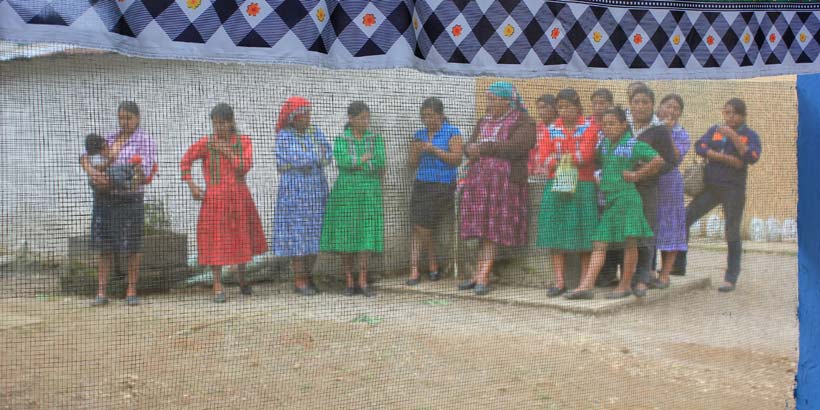
I’ve lived in Honduras for much of the last two years, working with Progressio on a variety of projects with women and young people, tackling issues from drug and alcohol abuse to youth unemployment. And from my experiences, everywhere you turn there are courageous, strong women who strive to improve the situation they find themselves in.
There’s Doña Edith, the woman who co-founded the organisation in Marcala that gives women the opportunity to break free from violent relationships, through coaching and giving them access to land and a cooperative to grow and sell coffee. She uses her own experiences and barriers she has faced to help other women, spread her passion for the cause and open up opportunities for others to change their lives.
There’s Maira, the teacher who travels hours into the mountains every day on her motorbike to reach the rural village of Belén, as they didn’t have any qualified teachers to teach the huge amount of children in the area. She runs the school on her own, and passionately teaches the children the life skills they need.
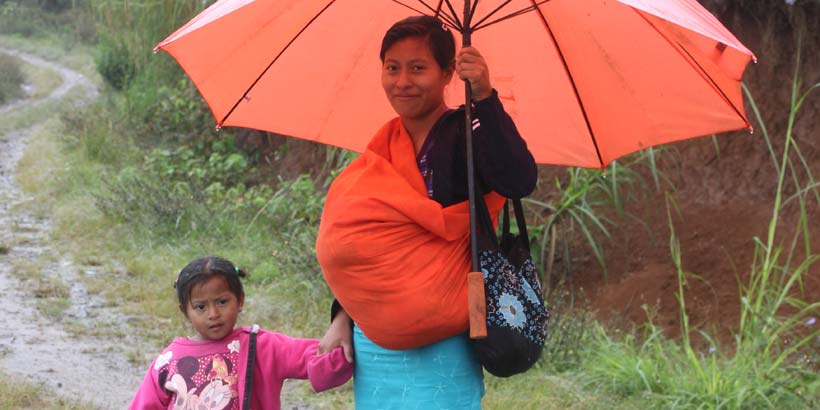
There’s the growing number of women in the rural communities who are joining women’s football teams, which is something that is against the norms of the community in places with very traditional views of women. Yet these women step up to do something for themselves outside the home, and although at first many of the men in the communities weren’t overly supportive, the women fought through. It was a massive achievement for everybody to see the huge turnout of men cheering on the women’s football teams in a local tournament.
There’s Alejandrina, a woman who lives near the town of Los Encinos in rural Honduras, who decided to go against all expectations of her and not get married, living completely self-sufficiently and happily managing everything in her own way. This is a choice not to be undervalued, as in the area where Alejandrina lives the customs are very strong and rarely deviated from: girls get married young, have children young, and stay and look after the house and kids whilst their husbands work on the farm and sell the produce. Alejandrina earns her own living and is a very active and respected member of the community.
There’s the women who signed up to our women’s empowerment workshops in La Esperanza and enthusiastically participate each week, keen to learn as much as possible and always with a smile on their faces. They come from backgrounds where women’s education and money-earning is not valued, so they demonstrate their determination to learn skills, giving them an opportunity to better themselves and their families, despite social expectations.
There’s Sister Edith, the nun who started a home for children from abusive and neglectful backgrounds, and single-handedly is the carer of more than 20 children of all ages. Her only mission is to provide the children with love, support and security, in an area with an abundance of extreme poverty and problems with drugs and alcohol.
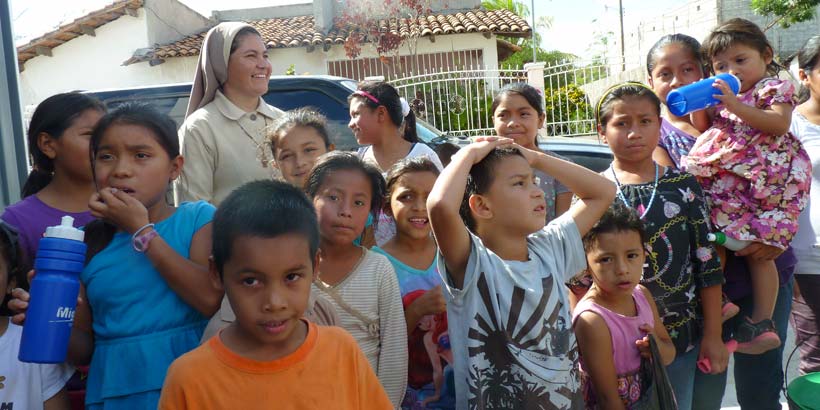
There’s the women who enrol in the rehabilitation centre in Catacamas. In Honduras there’s a huge amount of stigma about women who are involved in drinking or drugs, which means they are very often too ashamed to admit they have a problem and come forward to get help. But there are women who overcome this and are committed to getting better and fighting their addictions, in a strongly male-dominated environment.
There’s the women’s rights organisations that face a daily battle to fight for the unhealthily high rate of violence against women and femicides to be taken seriously, and raise awareness of the extraordinary rate of impunity against these crimes. Human rights campaigners in Honduras risk their lives to fight for what they believe in as there are dangerously high murder rates of activists who speak out. However, these women do not give up fighting for the basic rights that women in Honduras have been denied.
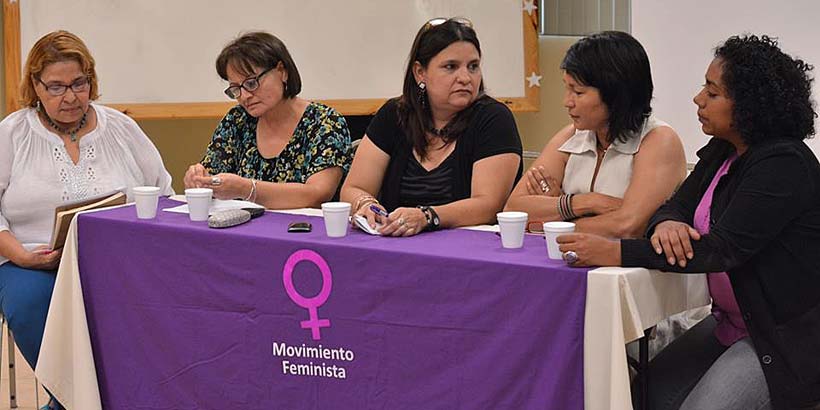
Then there’s the female directors, the lawyers, the politicians and more, who have worked their way up to powerful positions in a male-orientated environment, the single mothers who care and provide for their families and don’t receive any support for it, the independent single women who are happy being who they are without needing a man to validate them…
The list could go on forever. This is a small sample of the incredible women who I have come across in my time working in Honduras, and I can honestly say I’ve never met such motivated, strong, spirited people.
Reflecting on ‘World’s Worse Place to be a Woman?’, and my experiences with the Honduran women I’ve encountered, it’s easy to forget the reality that too often comes to define the country through the headlines. But Honduras has hope, and that hope comes in the form of the people who are determined to break through the confines that society has set for them; the people who say ‘just because I’m a woman…’.
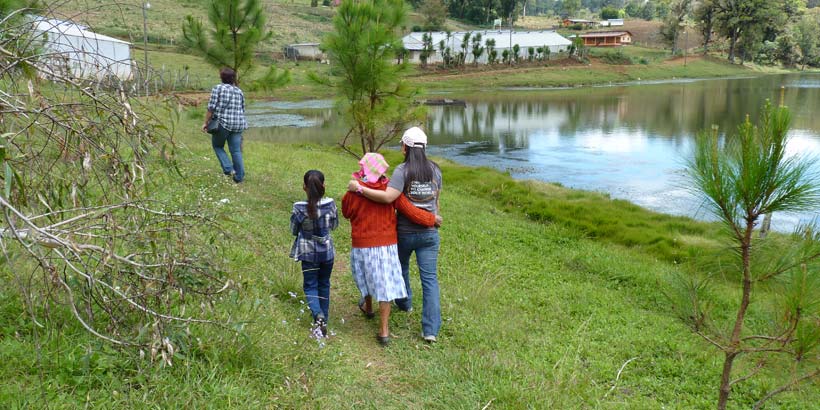
“Honduran women are capable of achieving anything that we put our minds to; the only thing holding us back is believing and knowing that we can do it.” Karla Calderón, Honduran filmmaker
Written by ICS Alumni Team Leader Ellie Wason (January - September 2015) especially for the International Day for the Elimination of Violence against Women 2015


